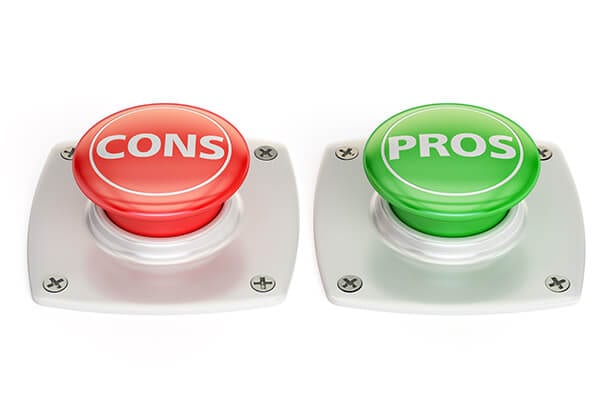By getting an affordable second mortgage on your property, you are not only increasing your borrowing power — but you can use the extra money for your other needs. If you planning to increase your overall borrowings, but you have an existing mortgage, the easiest approach is to refinance it for a higher amount. One of the most important considerations in getting a second mortgage is reducing your balances by up to 50 per cent! You may ask, “How is it even possible?”
The truth is that a lot of people incur interests due to unpaid mortgages which build up over the years. In doing so, they are not only reducing their home equity, but they are also putting their homes at risk of foreclosure. So, if you can successfully negotiate your balance reductions and avoid foreclosure of your property at the same time, grab that chance. It does not only help you save money and at the same time avoid legal actions that may damage your credit status.
Here are tips to help you get the most practical and most affordable second mortgage possible:
Research is key to an affordable second mortgage
You can search for public forums and blogs that talk about the best second mortgage options available for someone with the same situation as yours. It will help you filter debt settlement companies that are willing to work on your case for a fee. By doing your research, you will understand the importance of negotiating for balance reduction, the expenses you have to pay in the process and the available options for you in your area. Just make sure that you know how to filter objective from subjective advice. Otherwise, you may immediately take up an expensive service when there are less expensive ways of solving your mortgage problems.
Weigh the Pros and Cons of Second Mortgages
In reality, it only makes sense to get a second mortgage when you don’t have ready access to funds but want to pay for your mortgages and other high-interest debts. It is also a practical and low-cost alternative for those who want to start a business. Some people who are in serious debt also use second mortgages to consolidate debts. Before applying for an additional mortgage, ask yourself if it is possible to meet your financial need without getting another debt. Or, if the proceeds of the extra money you will get are worth the interests you have to pay for a long period of time.
Choose the right lender
Some mortgage applications take a lot of time. If you don’t want a very time-consuming process, like those in banks which discourage low-income applicants with low credit scores to apply by implementing very difficult qualifying criteria, go for alternative lenders like Australian Lending Centre. The company implements fast approval process because it often handles second mortgage applications and there are no errors and delays involved because the staffs are skilled and experienced in this type of loan. The fees are affordable and manageable as well.
After that, use the proceeds of your second mortgage top pay for your urgent needs. That means you need to learn to prioritise your needs-and spend only on those that would improve your financial situation. For example, if you still have a car which is up and running and you have a huge debt to pay, perhaps it would be wiser to pay off those debts before you buy your dream car.
Thoughts for Consideration on an affordable second mortgage
It is not easy to bring yourself to do all those things mentioned above. Almost everyone knows how difficult it is to get an affordable second mortgage especially if you have a poor credit rating. On top of it all, you may have developed financial habits that diminish your income and your financial strength. But, over time, with practice, you can break habits that you may have been practising for many years.
The pull to take advantage of a second mortgage that offers ‘high equity’ at the expense of high interest may lurk everywhere you turn. There are many loan sharks offering ‘quick approval’ second mortgage online. The ads may show people enjoying a dream vacation, staying in a lavish home or probably spending for a grand wedding despite their bad credit. But the truth is that, when you have a bad credit—you should be careful with whatever money that comes your way.
Remember that getting into debt is a financial decision with a huge emotional impact. There could be many personal and emotional hurdles that can get in the way of making the best financial decision. That’s why it is important to educate yourself about mortgages and how you can use them wisely to avoid self-blame and guilt when things don’t go as planned.





 2. Standard lawsuit
2. Standard lawsuit





